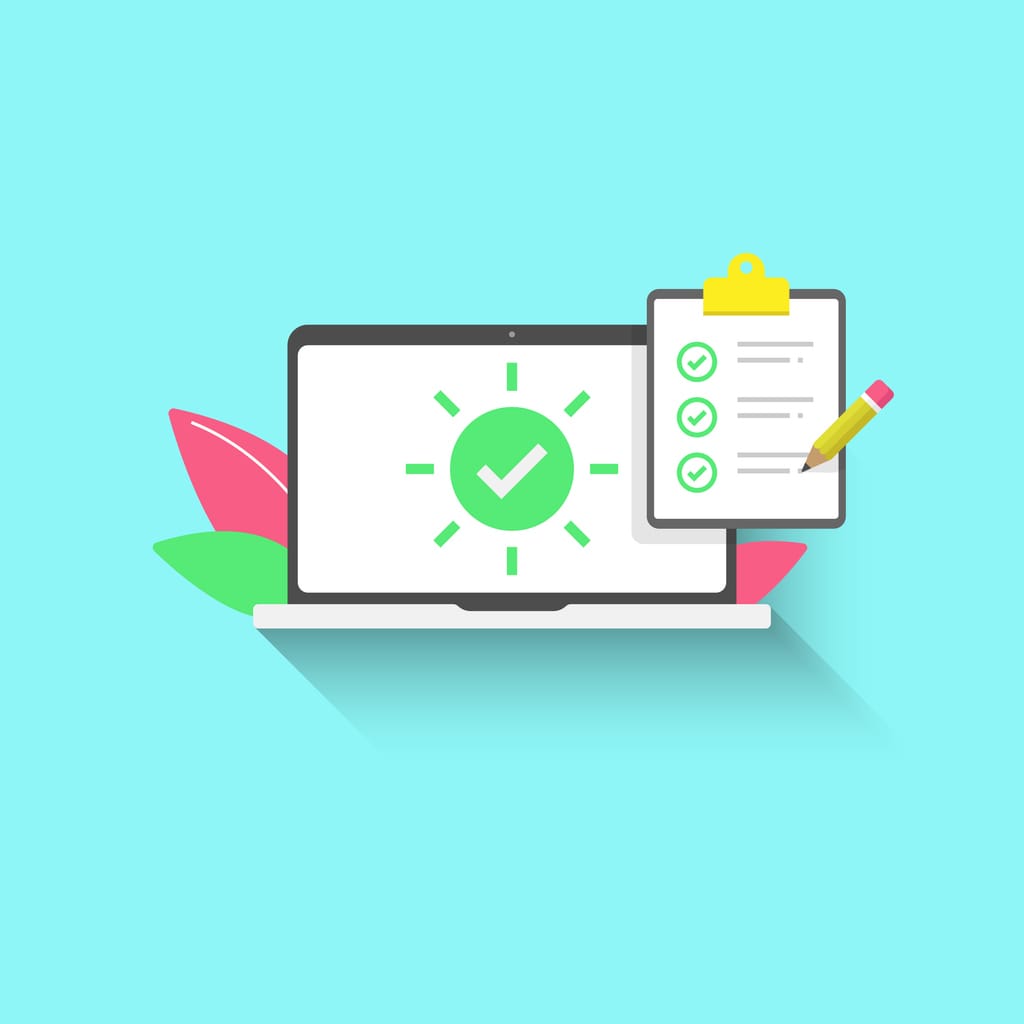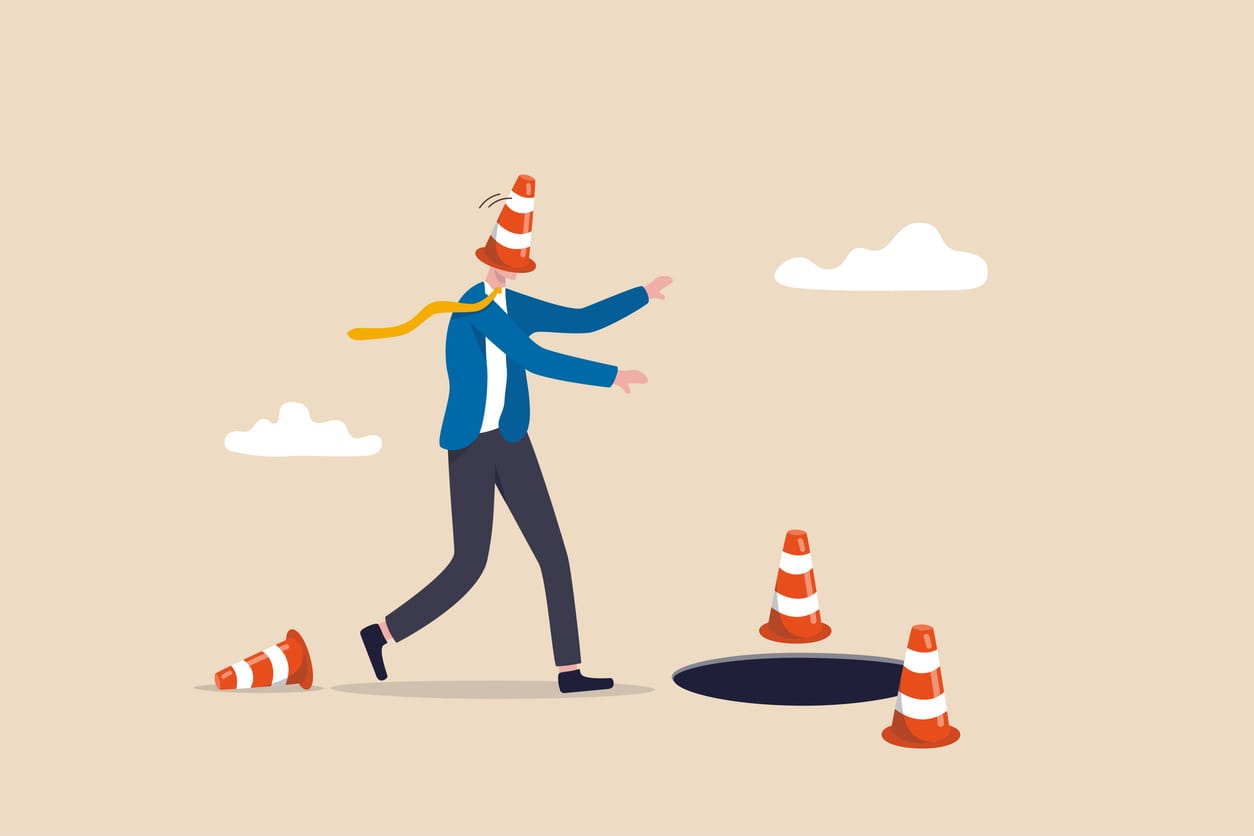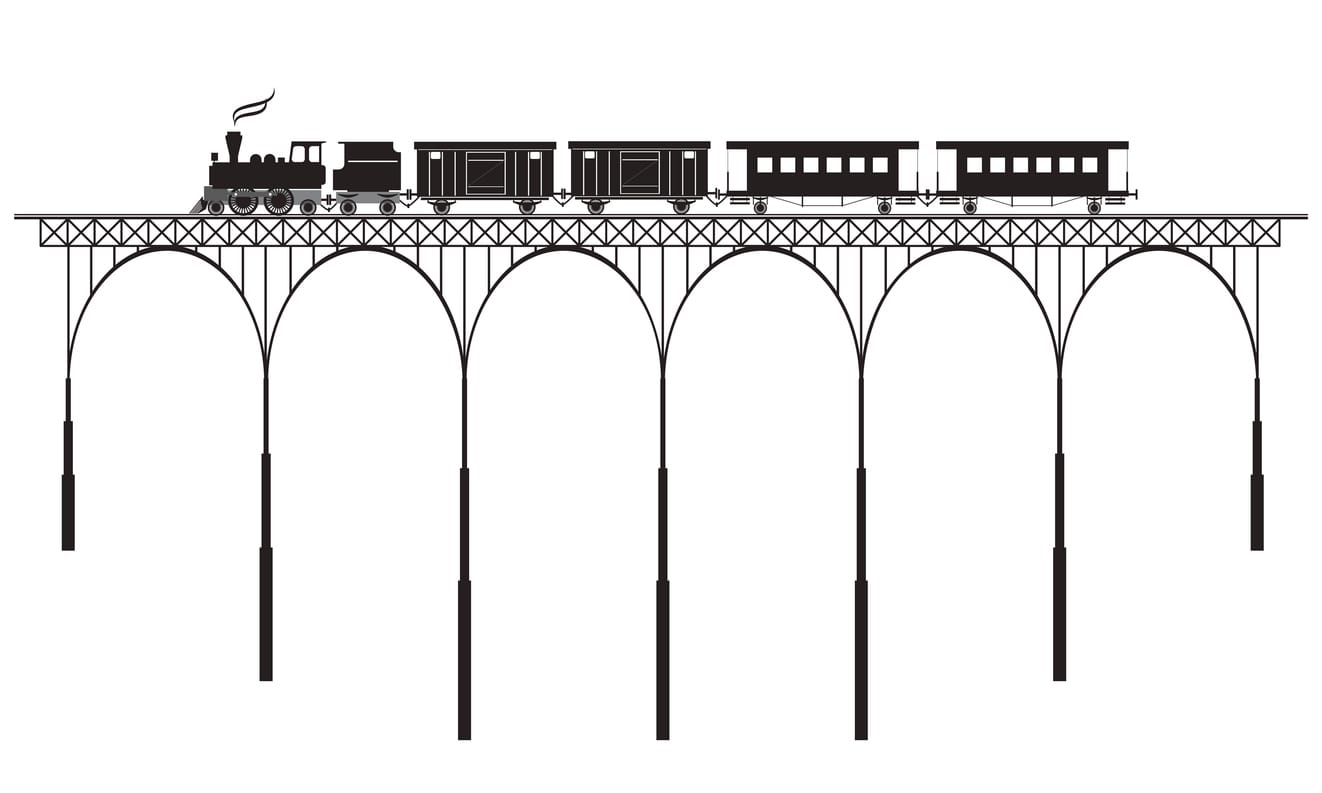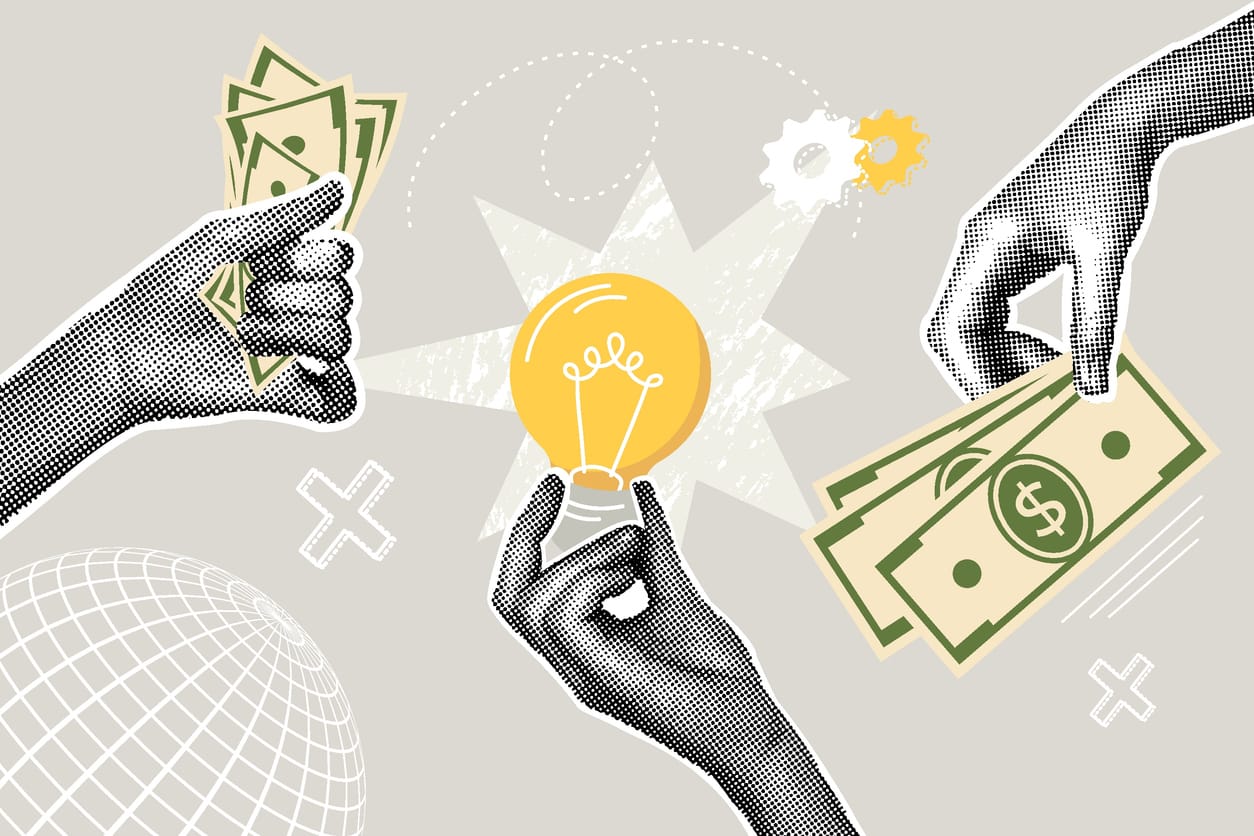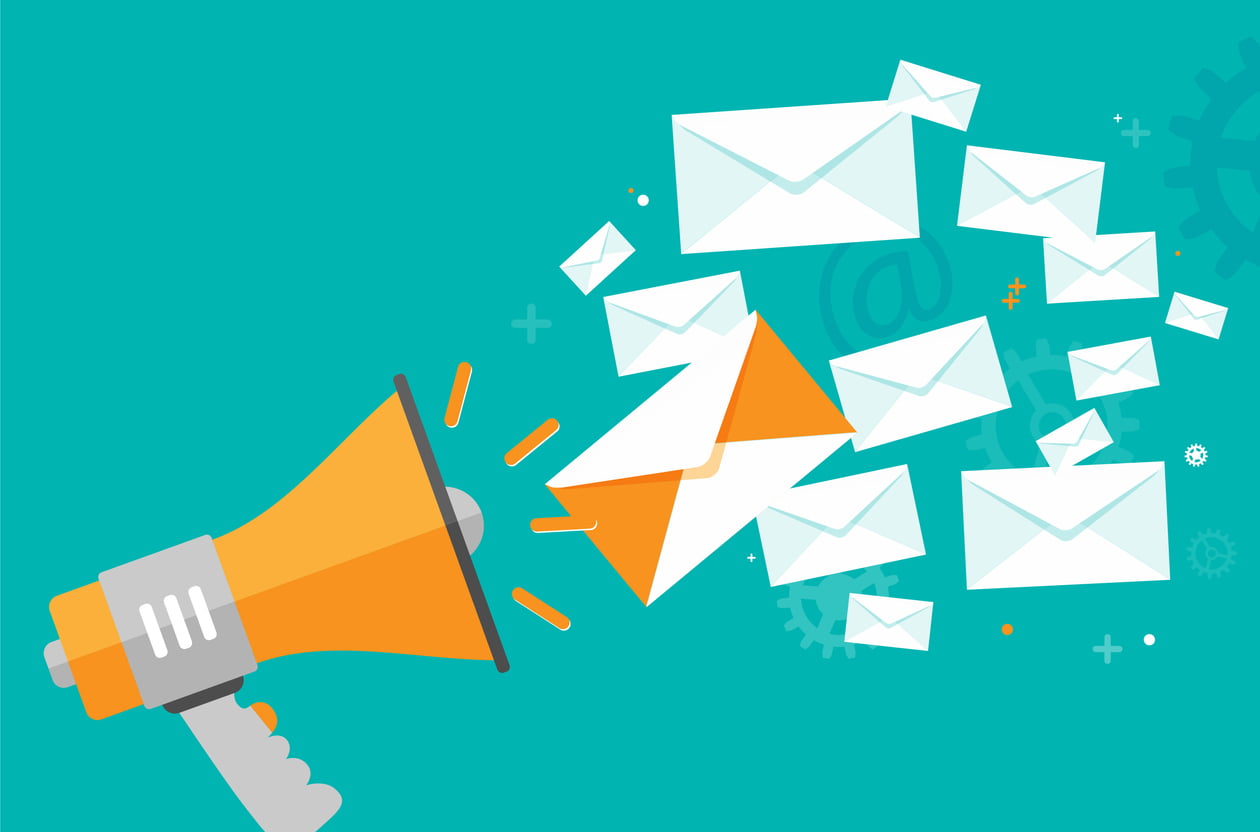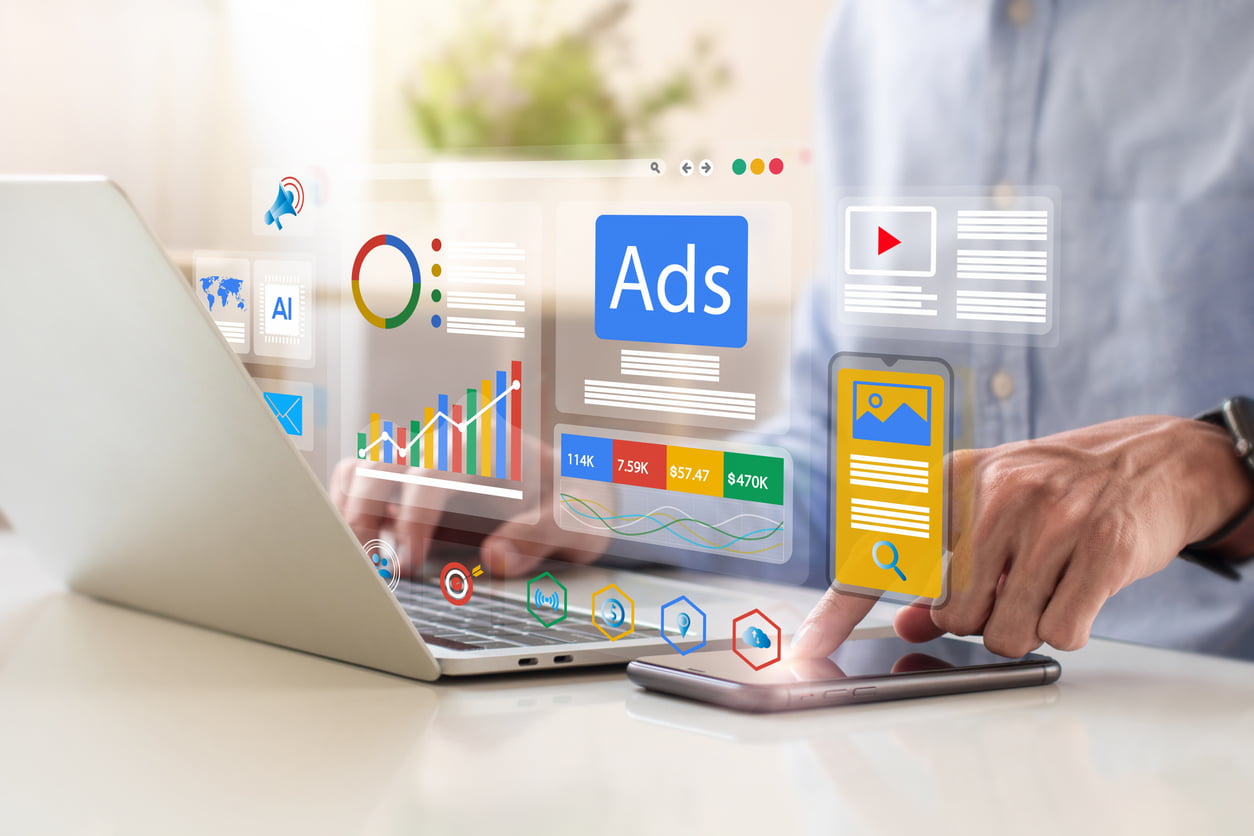
Increasing Personal Productivity
Mark Hale ‐ December 31, 2013
Increasing personal productivity is a hot button topic these days. The competitive challenges of business mandate that we get better and more efficient at our jobs. Staffing and general budgets have been slashed which means that we are being asked to do more with less resources. The only people who have real job security today are the top producers. Top producers (by definition) get a lot done in less time than average producers do.
Technology has made it possible for us to handle more tasks quickly, but unfortunately technology is a double edge sword. One edge helps us to do more and be more competitive. The back edge of technology is that there are more opportunities for distractions that impede production. Distractions make it difficult for people to stay focused and complete tasks.
Below is a quick list of things you can do to increase your personal production.
The #1 killer of production is distractions. A recent study showed that when a person is focused on an activity and gets distracted, it takes, on average, about 20 minutes to get fully focused again.
What kind of distractions am I talking about? To name a few:
- Day dreaming
- Television
- Radio
- Unplanned or uncontrolled phone calls
- Text messages
- Instant messages
- Chit-chatting to others or listening to others’ conversations
- Web surfing
The above are just a few examples of distractions that can pull you off task and contribute to loss of production.
Have you caught yourself flipping back and forth between your work, your e-mail, the web, instant messages, text messages and taking phone calls? How much do you really get done when you do this?
Do you find that the hours go by and you look at what you accomplished that day and not much has gotten done? Does it seem that you have more fires burning on your desk than 6 hours ago?
In order to maintain high productivity, you HAVE to “get in the zone.” The “zone” is a mental state where you are so focused on what you’re doing that nothing else exists but the work in front of you. You have 100% of your attention on that activity. When you allow yourself to be constantly distracted, you will NEVER get in the zone and your productivity will suffer severely. And make no mistake, if you do not control distractions, they will control you.
The following are a couple tips and action items you can employ to start eliminating distractions right away:
- Schedule times to check your e-mail. Many people start checking e-mail first thing in the morning and leave it open all day, hopping over as soon as a message hits their inbox. Doing so breaks concentration on the task at hand.
- Uncontrolled and unplanned traffic is the major cause of distractions. Your e-mail “habits” present an opportunity for you to allow distractions into your day. Instead of randomly checking e-mail, it’s much better to schedule times during the day to handle e-mail instead of getting distracted by every single e-mail.
- What time of the day you check your e-mail depends on your business and what you do. The only rule is that you keep your discipline in and schedule a couple times a day when you check and answer e-mails, the rest of the time the e-mail program is closed.
- Close all Web browsers (unless you need to use the Web for your work, in which case you close all other unnecessary browsers).
- Put your cell phone on vibrate. Cell phones are a wonderful tool but they present the opportunity to introduce unplanned and sometimes unnecessary traffic into your day. I used to have an old boss that would answer his cell phone every time it rang, it did not matter if he was mid conversation or in a meeting or not, he answered. Doing this was a distraction for himself and wasted the time of whoever he was meeting with, not to mention being rude.
- In your office, if you have a lot of walk-in traffic from co-workers or employees, put a “Do Not Disturb” sign up on your door when you are working.
- Log off any instant messaging services. This distraction is so obvious I don’t need to say more.
- Complete tasks you are doing and move on to the next task. Forget about multi-tasking. Multi- tasking is a cliché that represents a person who is overworked and buried in incomplete tasks. Multi-tasking increases stress levels and makes you feel mentally dispersed and “on the edge.”
- There is a simple principle you need to operate with: Focus on what you’re doing when you’re doing it, while you’re doing it, with full attention and intention. You will find that the number of incomplete tasks you have will reduce dramatically and you will have more time and energy.
- Eliminate the term “multi-tasking” from your vocabulary and your workday. Understand that when you try to do five things at once it’s not only going to make everything take longer, but make you more distracted and stressed out.
- Work on one project at a time. If for some reason you cannot complete that project, do as much as you can, then put it in a file and get it off your desk and move on to the next project. But don’t have five projects open on your desk and working at the same time.
- If you are an executive and wear several “hats” in your company, work on one hat at a time and schedule time in your day when you will work on specific hats. Finally, take care of your body. When you let your body get run down you are mentally more dispersed and fatigue becomes a problem. When your body has no energy because of poor (or no) food, it affects you mentally, that in turn affects your productivity. Be well fed and rested and exercise your body. The above list may seem unrealistic for you to do all at once. Implement removing distractions in gradients. Take an area that is causing you the most distractions, correct it and keep it in until it is a habit, then move on to the next area.
Mark Hale
CEO
High Quality
Printing And Design
Our Services
- Postcard Printing
- Business Brochures
- Booklet Printing
- Flyers
- Signs and Banners
- Customer Thank You Cards
- Websites
- Custom Pocket Folders
Join 1,000s of
happy customers



